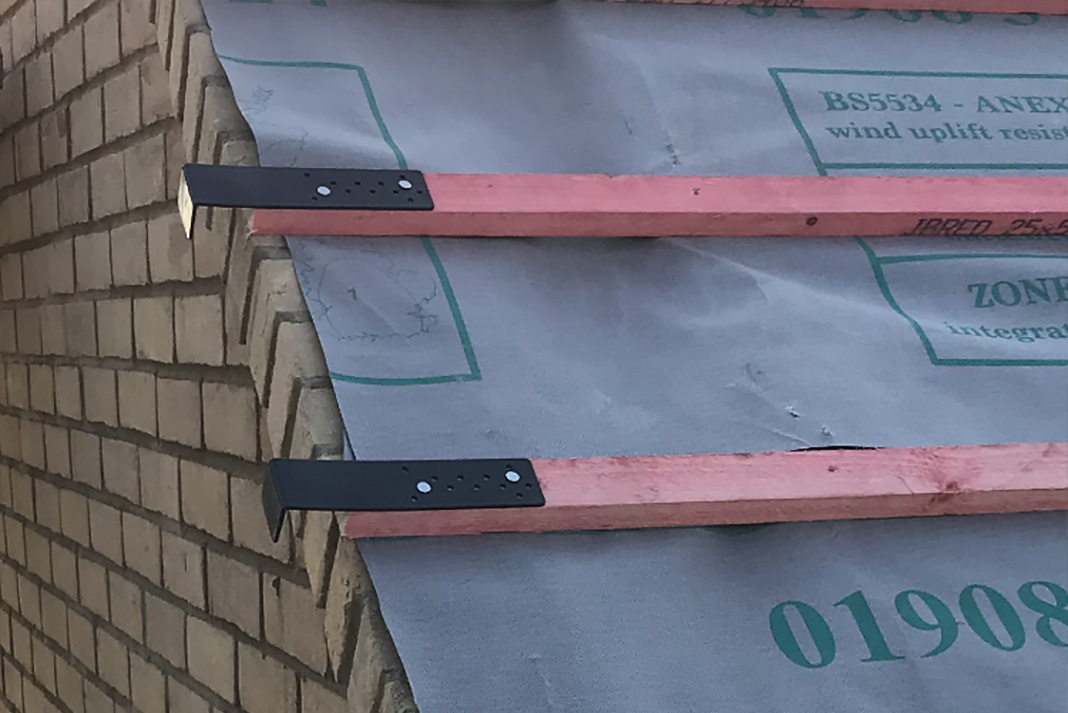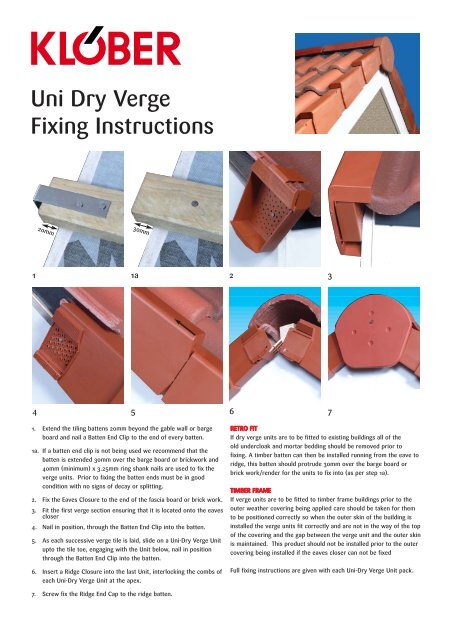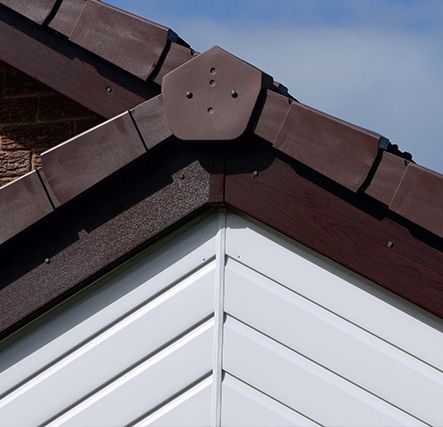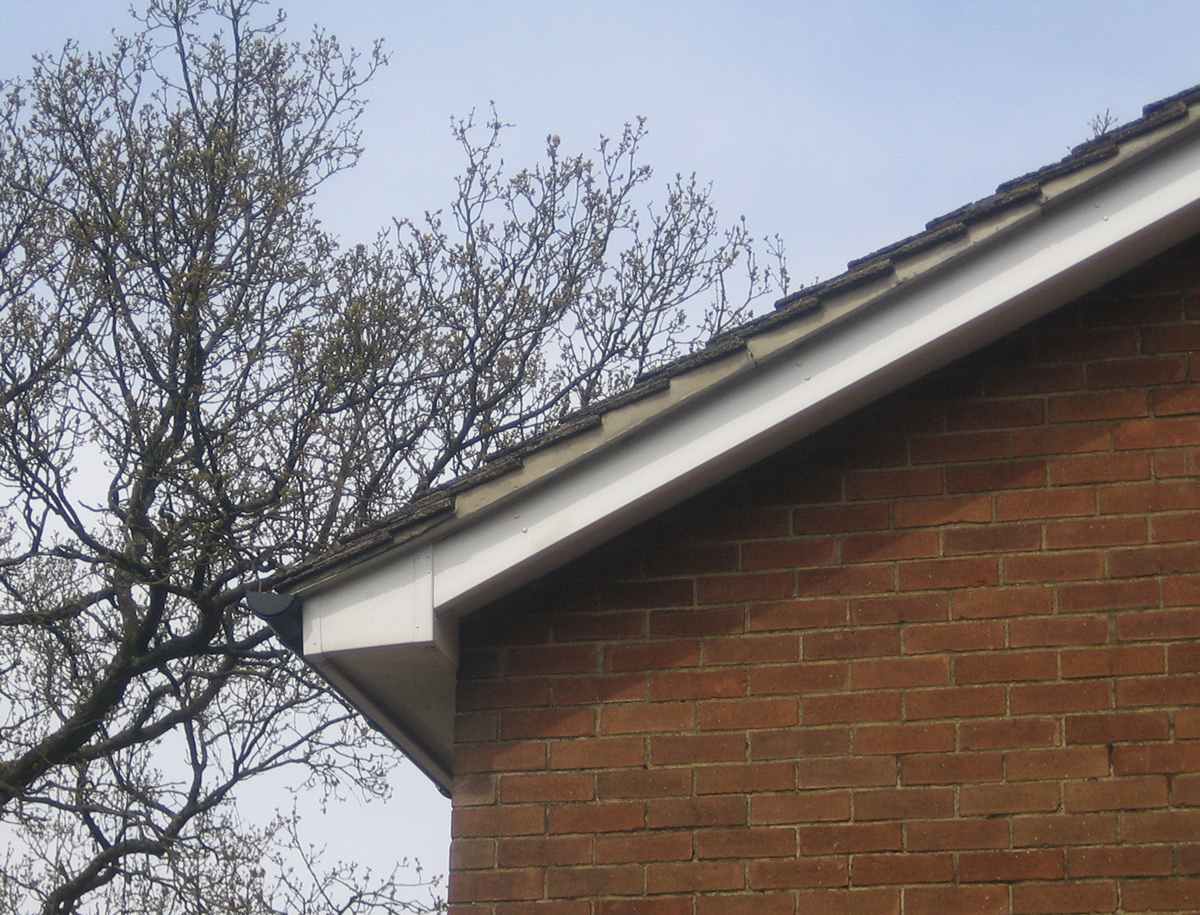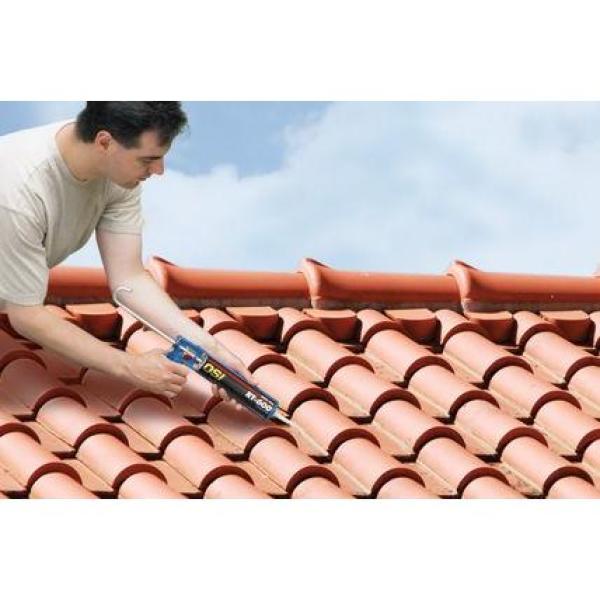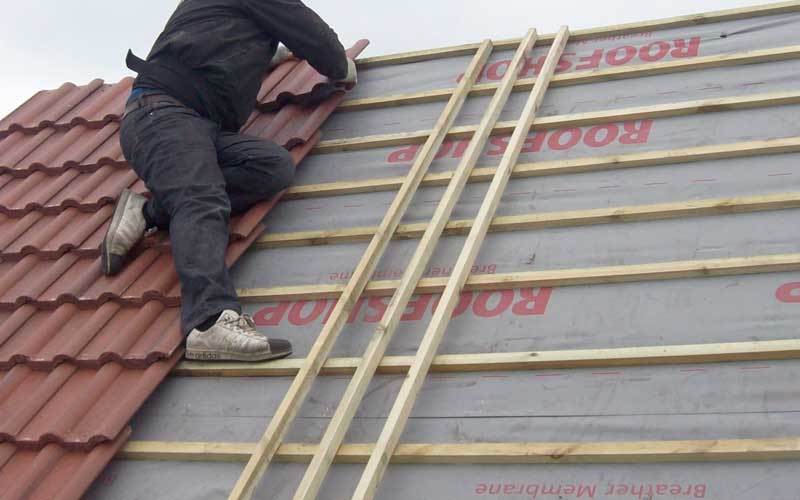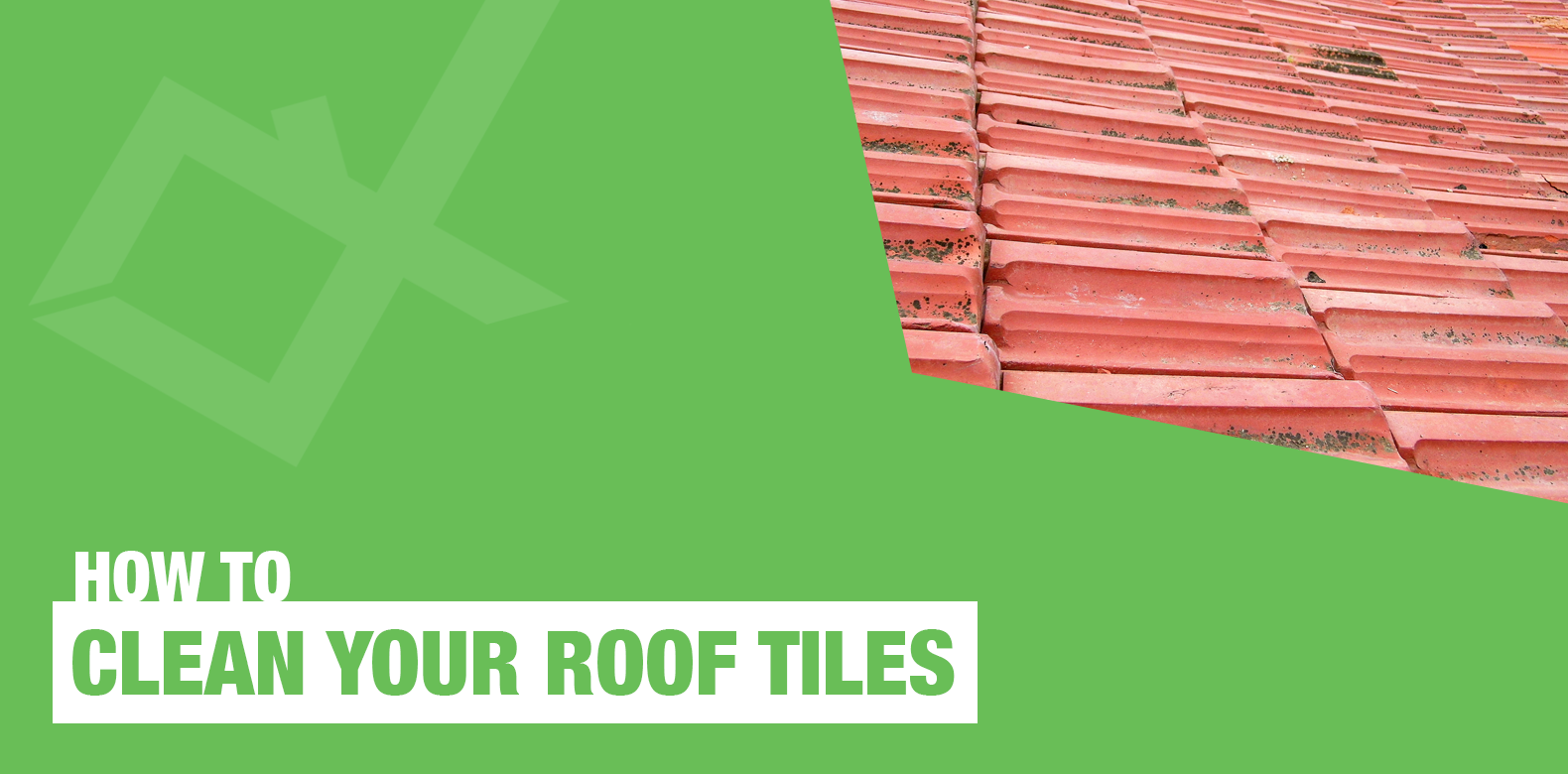Fitting Dry Verge To An Existing Roof

Not all dry verges fit all types of roof profile and they are generally specific to a particular type of roof tile.
Fitting dry verge to an existing roof. The manthorpe smartverge linear dry verge system provides a secure mechanical fixing solution for many types of roof coverings including fibre cement slates natural slates and interlocking plain tiles. The linear verge units can be easily fitted to the verge of the roof in succession locking the tiles in place to prevent wind uplift problems. Fitting dry verge to the old roof. A dry verge system that fits both the right and left hand side of the roof is also available for all other redland interlocking concrete tiles.
Dry verges can be fitted to existing roofs but it is really a job for the professionals. These verges can be installed to existing roofs as well as on new build projects dry verge installation is fairly straightforward and there are different fitting options. A roof verge is the outer edge of the very top section of a roof and is designed to prevent moisture insects and animals from getting into the roof. If you are fitting your dry verge to an existing building you need to remove all of the old underclock and motor bedding before fixing.
Gable wall staining a common problem which particularly affects some of the cheaper systems is water leaking out of the verge and getting blown back onto the gable end causing moss growth and staining. Roof pitch range. Fitting dry verge to old roof. A timber batten can then be installed running from the eave to the ridge to provide a base for the units to fix into.
The verge begins where the outer shingles or roofing tiles end and the roof meets the gable which is the ridge formed by the 2 sides of the roof. Battening setting out install the underlay according to the manufacturer s specifications. To get a secure fit one solution is to use our dry verge refurbishment kit which includes batten extension brackets.






